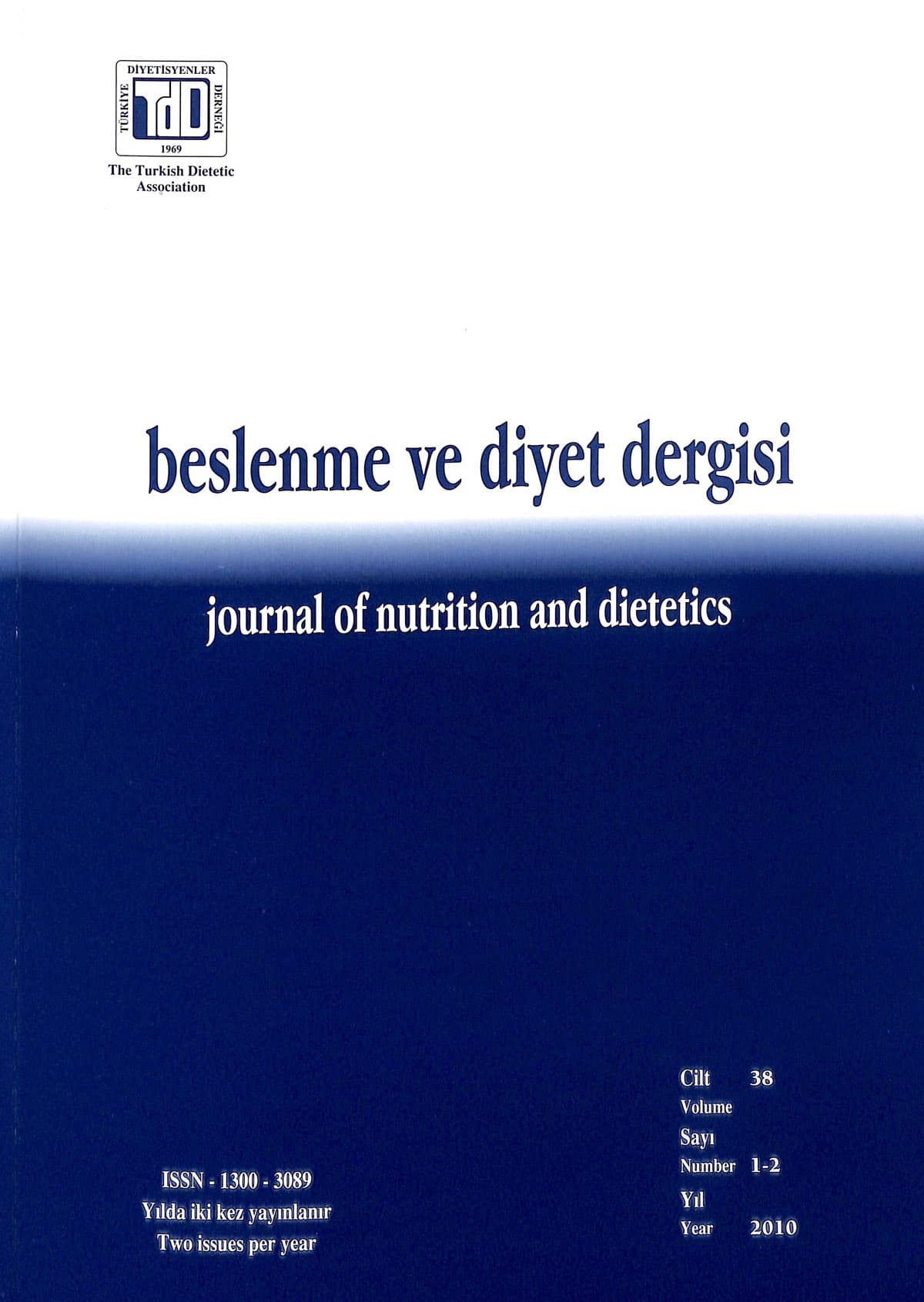Maternal Obesity and Pregnancy
Keywords:
Obesity, pregnancy, maternal obesityAbstract
Obesity is a global health problem that is increasing in prevalence. The World Health Organization characterizes obesity as a pandemic issue, with a higher prevalence in females than males. Thus, many pregnant patients are seen with high body mass index (BMI). Obesity during pregnancy is considered a high-risk state because it is associated with many complications. Compared with norrnal-weight patients, obese patients have a higher prevalence of infertility. Overweight and obesity are associated with many comorbidities that affect a woman’s health, including reduced fertility. Obesity during pregnancy has been associated with gestational diabetes, gestational hypertension, pre-eclampsia, birth defects, cesarean delivery, fetal macrosomia, perinatal deaths, postpartum anemia, and childhood obesity. Prevention is the best way to prevent this problem. As pregnancy is the worst time to lose weight, women with a high BMI should be encouraged to lose weight prior to conceiving. During preconception counseling, they should be educated about the complications associated with high a BMI Obese women should also be screened for hypertension and diabetes mellitus. Obese pregnant women are screened for gestational diabetes around 24 to 28 weeks. During the second half o f pregnancy, one needs to closely watch for signs and symptoms o f pregnancy-induced hypertension. It is critical that women be informed prior to pregnancy about the need to be as healthy as possible before becoming pregnant, which includes having a normal BMI, eating an adequate and balanced diet, and participating in regular exercise.

